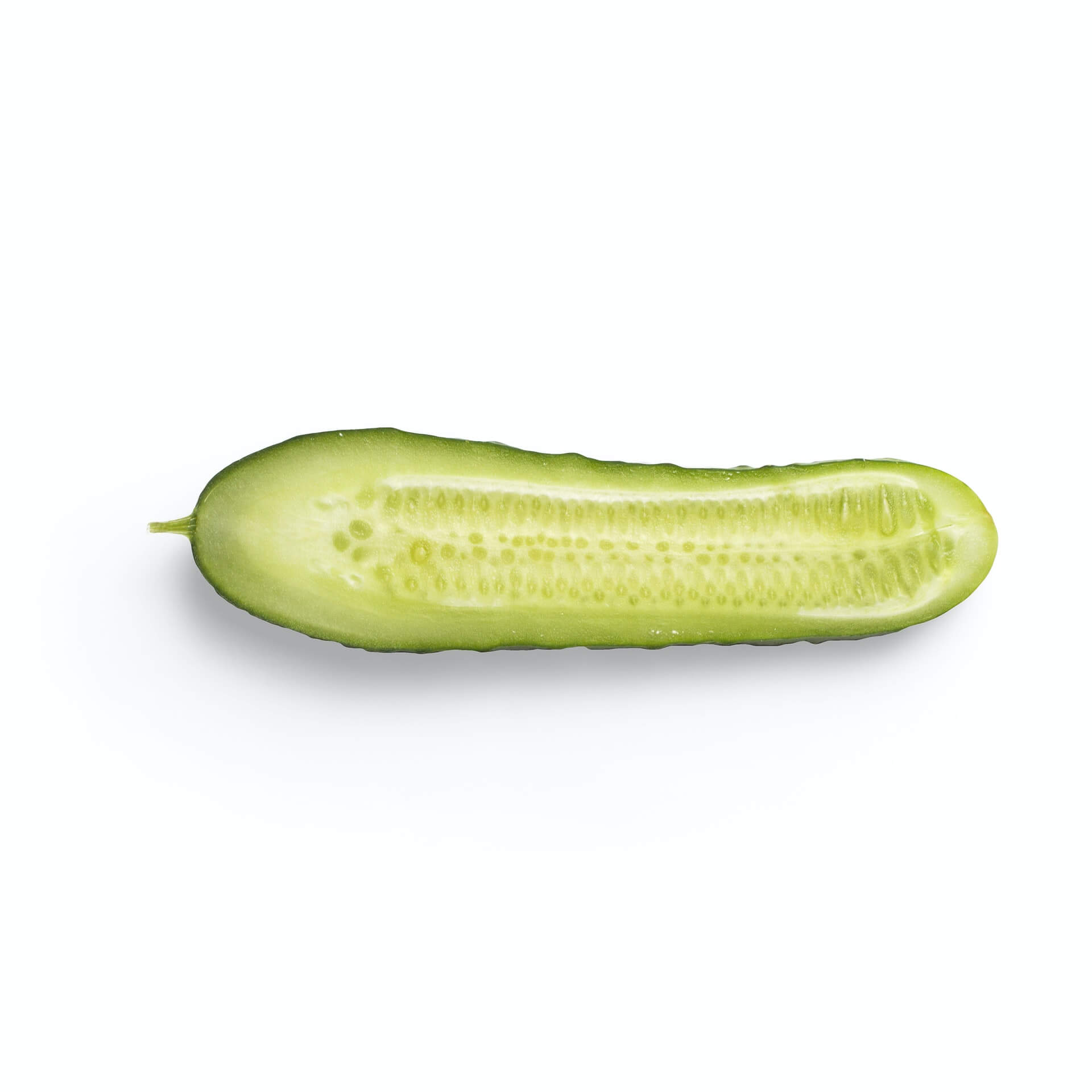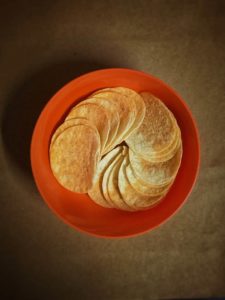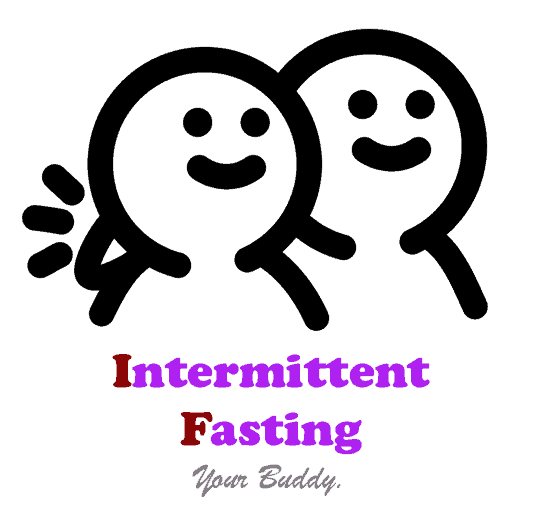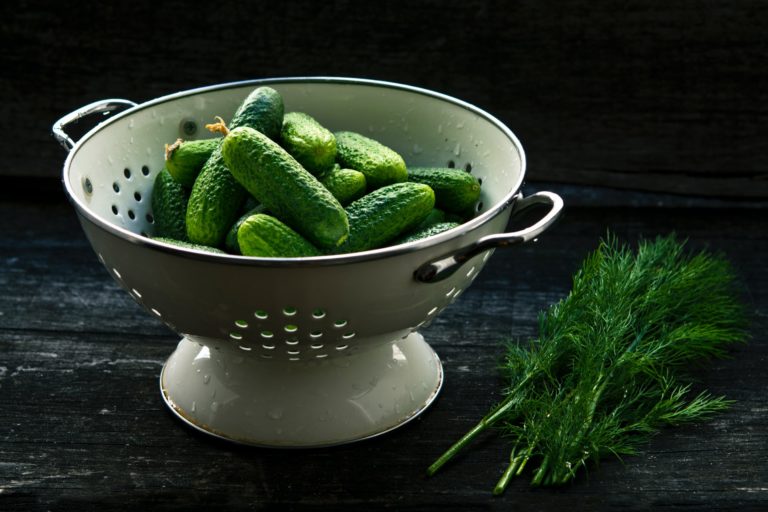Intermittent fasting is one of the most discussed diets lately. It’s great for weight loss, blood sugar management, longevity, and more. Most fasting diets allow little to no calories during the fast and figuring out what foods and beverages are allowed might not be as straightforward as you’d think.
Will dill pickles break a fast?
This seems to be a common question among those who practice intermittent fasting. The answer depends on why you’re fasting and what type of fast you’re on. Dill pickles have few calories, that’s true. But they do have calories, so according to some methods, they’ll break your fast. They may also interfere with autophagy and gut rest.
So let’s dive deeper into this topic to see when dill pickles are ok during the fast, where pickle juice stands, and more.
Will dill pickles break a fast?
Dill pickles may seem like a calorie-free snack, but that’s not exactly true. 100 grams of pickles contain about 11 calories. That’s not a lot and it certainly won’t make you gain weight. But when fasting, 11 calories are usually more than most methods allow, especially since most of those calories come from carbs.
Some methods, like Leangains 16/8, allow up to 50 calories during a fast and they even advocate for using BCAAs in that frame, which is a ‘no’ in most other methods. In other words, if you’re following such a method, eating a dill pickle that has about 4 calories will not break your fast.
However, if you’re following a more classic approach to fasting, dill pickles should be eaten only after your eating window starts. After all, they contain carbs and will cause an insulin response. Gut rest will also be disrupted by pickles, so if you’re fasting with such a goal in mind, stay away from this small snack.
Can you drink pickle juice while fasting?
Pickle juice has fewer calories than the pickles themselves. However, there are still some calories and they might get you over the fasting allowance depending on your chosen method. In simple terms, if your fasting method is permissive enough that you can have pickles during the fast, you can also have pickle juice. Otherwise, you need to make your method less strict.
Pickle juice is a great source of electrolytes as it contains a lot of sodium. However, it may also contain sugars, both natural from the cucumber, but some recipes, especially the ones you find in stores, add sugar to the pickles. Some of it is absorbed in the cucumbers, but a part will remain in the water. As a result, it could cause an insulin response that will break your fast.
Does pickle juice break autophagy?
There are no medical studies to give a definitive answer. However, we know that calories, and carbs especially will break autophagy. Pickles themselves will break it, so you have to wait for your eating window to have them.
With pickle juice, the answer is slightly more varied. Firstly, it depends on the exact recipe of the pickles. If it is home-made and you’re sure there is no added sugar, the calories will be lower. Secondly, it depends on how much you’re having. A small sip will likely not affect autophagy. However, if you have any concerns in this regard, just skip the juice until your eating window starts.
Pros of dill pickles and pickle juice during intermittent fasting
Believe it or not, pickles and pickle juice both have several benefits to your health when you’re doing intermittent fasting. You can benefit from these effects whether you have them in your eating window or during your fast.
Dill pickles
Assuming you can consume pickles during your fasting window, one of the first benefits you’ll see is that they can be an incredibly satisfying snack, despite being low in calories.
During your eating window, they are great if you want to replace unhealthy salty snacks such as potato chips. They’ll satisfy your cravings for salt, without having as many calories, carbs, and unhealthy fats.
Pickles, in general, are also a great source of probiotics, and they may improve digestion, and reduce bloating.
Dill is also amazing for your health because it contains quercetin, which can lower cholesterol. A study published in 2015 showed that dill can lower cholesterol in mice. Of course, we might need some more research to see if it has the same effect in humans, but these first results look promising.
Pickle juice
Pickle juice comes with several surprising benefits. Some of them intertwine with those of pickles, others are more specific to the juice itself.
Due to its high sodium content, pickle juice is high in electrolytes, which means it can hydrate you, especially after intense exercise, for example, HIIT. It may also help reduce muscle cramps and speed up recovery after a workout.
If the juice contains vinegar, as most pickle juice does, it will also help balance blood sugar, according to a study published by the Journal of Diabetes Research.
Cons of dill pickles and pickle juice
Both the pickles and the juice have more or less the same cons. First of all, the high sodium content, which is beneficial for many people, might become a side effect in others. If you know you need to lower your salt intake or have blood pressure issues, you may want to stay away from pickles and pickle juice.
Store-bought pickles can be very high in preservatives, which is not ideal for your health, especially in a fasted state, so make sure you choose a source you trust.
Their high probiotic content is good for most people, but it can also become a side effect for some and cause bloating and stomach pain.
Finally, some people simply do not tolerate fermented foods well on an empty stomach, so pay close attention to how you feel, especially when you’re fasting for an extended period of time.
The bottom line
Will dill pickles break a fast? Most fasting methods will be broken because dill pickles contain calories and carbs which will cause an insulin response. They will also most likely take you out of autophagy and they will stimulate the gut, breaking a fast that’s aimed at gut rest. Some methods, however, allow anywhere between 25-50 calories during your fasting window, in which case, you can easily have dill pickles or drink some pickle juice. Both have many benefits for your health, but remember some people may not tolerate them very well, especially on an empty stomach, so be mindful of how you feel.

